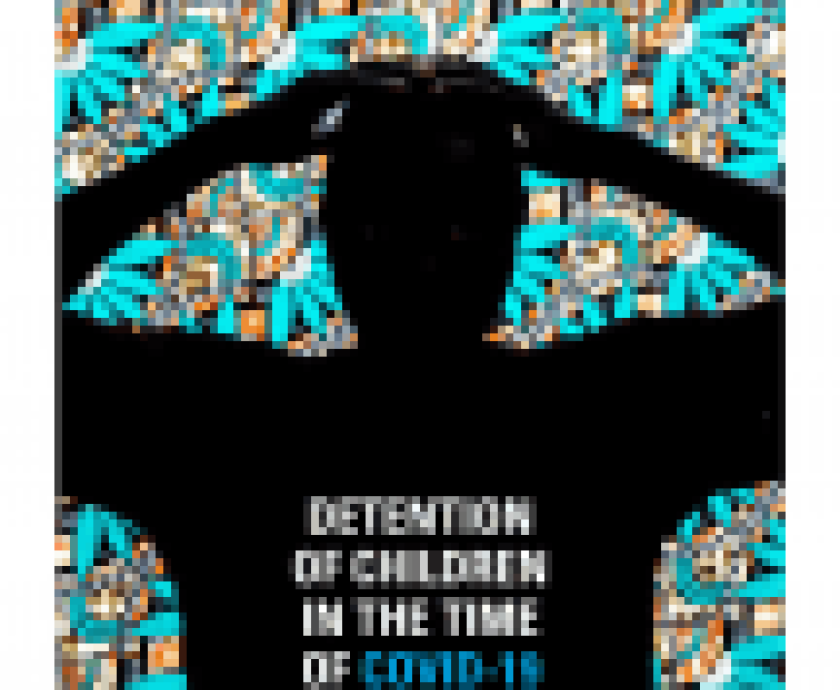Click to expand Image
Protesters gathered on Ala Too Square in Bishkek, Kyrgyzstan’s capital on October 6, 2020, two days after a disputed parliamentary election.
© 2020 Caroline Eden
It has been a week since people in Kyrgyzstan took to the street to contest the outcome of Kyrgyzstan’s October 4 parliamentary elections. While protesters succeeded in pushing the Central Election Committee to annul the outcome of the elections, Kyrgyzstan was thrown into a political crisis that has put citizens’ fundamental human rights at risk.
The political situation in Kyrgyzstan remains uncertain, with multiple factions vying for power. The president may or may not resign. Kyrgyzstan’s speaker of parliament has stepped down, but no one was elected in his place. And depending on who you ask, Kyrgyzstan may or may not already have a new prime minister.
Today, Kyrgyzstan’s president issued a decree imposing a one-week state of emergency in the capital Bishkek, under which protests would be banned, a curfew put in place, freedom of movement restricted, and the media “subject to controls.” Parliament has yet to approve the decree, but Kyrgyzstan’s army is already patrolling the streets. According to Media Policy Institute, the local media watchdog, media outlets and journalists have been harassed and threatened by hostile individuals and groups both during protests on Bishkek’s central square as well as at the editorial office of Sputnik Kyrgyzstan, a media outlet. Civil society has called on the authorities not to target political opposition, activists, and journalists, and to uphold the rule of law.
Kyrgyz authorities have a duty to protect citizens in times of crisis, but the government must ensure that any measures imposed are strictly proportionate to their aim, and that emergency powers are not applied in a discriminatory manner. Parliament should have oversight over emergency powers.
In finding a resolution to the current political crisis, it is essential that Kyrgyz authorities safeguard democratic structures and fundamental human rights, including the right to peaceful protest, media freedoms, and the rights of journalists, human rights defenders, and members of political opposition to work free of harassment or threat.
It is also incumbent upon authorities to ensure a prompt do-over of the disputed parliamentary elections. The new elections – which the Central Election Committee has said it will schedule before November 6 – should be free and fair and subject to oversight, so the same concerns that prompted protests last week are not imbedded in the vote all over again.
The political crisis isn’t over, which calls for greater vigilance to protect the rights of Kyrgyzstan’s citizens, not less.



